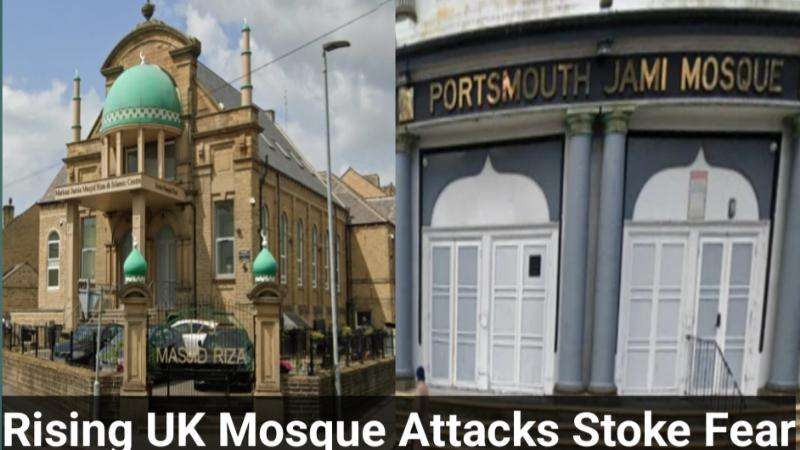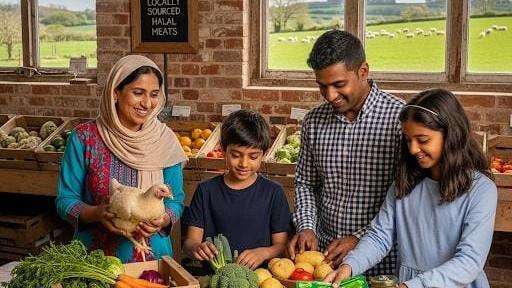A recent report from the University of Leicester’s Centre for Hate Studies has ignited a national debate by asserting that the British countryside is "overwhelmingly white" and requires more "sustained inclusion efforts" for ethnic minorities, specifically citing the need for more readily available halal food. The study on "rural racism" highlights significant barriers for British Bangladeshi, British South Asian, and British Muslim communities looking to live in or visit rural areas.
This call for change comes as census data and market trends confirm a growing demographic shift. According to the 2021 Census, the Muslim population in England and Wales has increased to 3.9 million, or 6.5% of the total population, a rise of over one million since 2011. While these communities are still heavily concentrated in urban centers like London, there is a gradual dispersal into rural and suburban areas.
The British Bangladeshi community is a notable example of this trend, with its population reaching over 652,000 in 2021. Their presence, and that of other South Asian communities, is driving a surge in demand for culturally and religiously specific products. The UK's halal food market is now a formidable economic force, with the halal meat industry alone valued at £1.7 billion in 2025. This demand is particularly strong for lamb, with halal meat accounting for a staggering 30% of all UK lamb sales, even though Muslims constitute a much smaller proportion of the population.
The report by the Centre for Hate Studies found that beyond a lack of essential services, ethnic minorities face overt and subtle forms of hostility, including "persistent staring and hostile body language," as well as "name-calling, racial slurs, intimidation and threats." This is a significant factor in why many ethnic minorities, particularly from British Bangladeshi and other British Muslim backgrounds, feel the countryside is unwelcoming.
As the demographics of the nation continue to evolve, the findings from this report serve as a powerful reminder that the British countryside must adapt. The issue of more halal food is not merely about dietary convenience; it represents a broader need for rural communities to become more inclusive and reflective of the UK's multicultural fabric.
_3.jpg)







.svg)


.jpg)
_3.jpg)